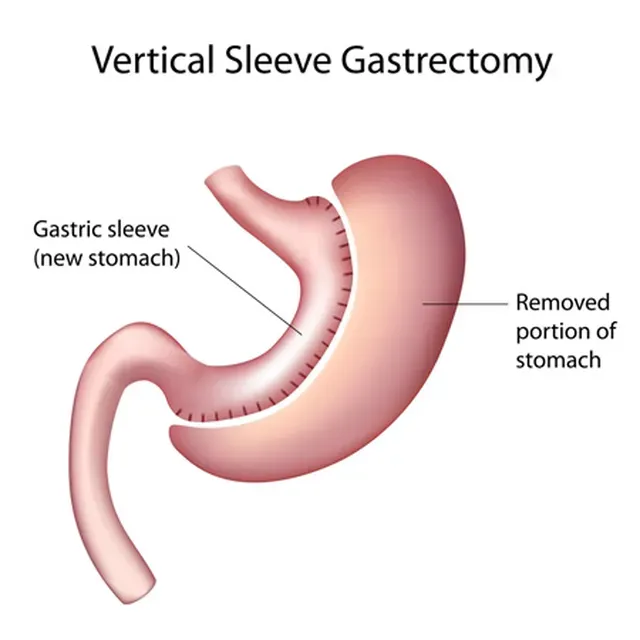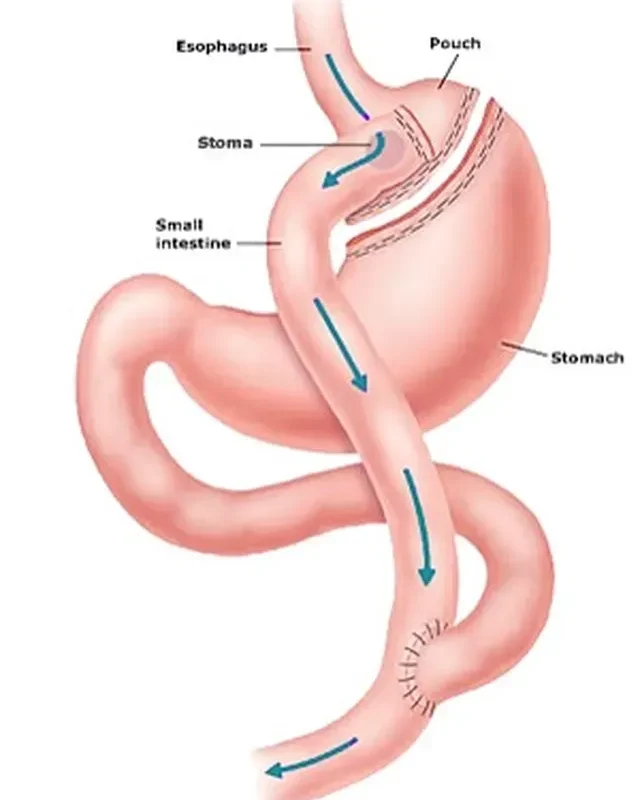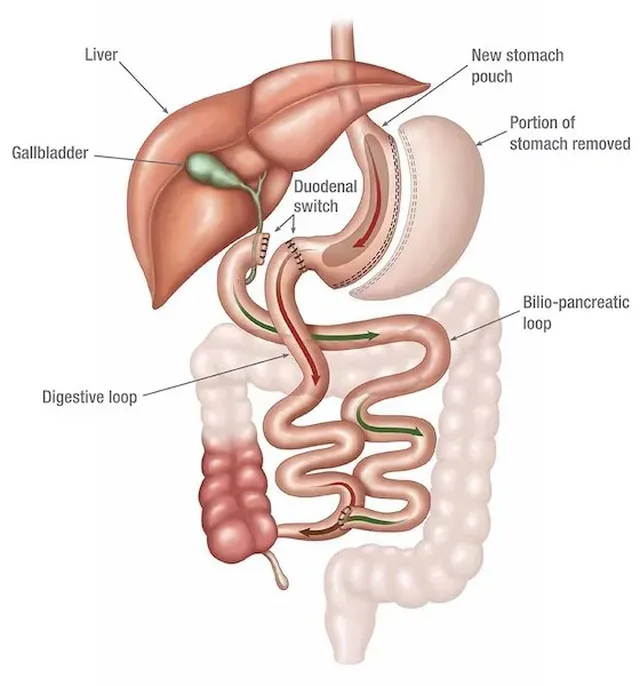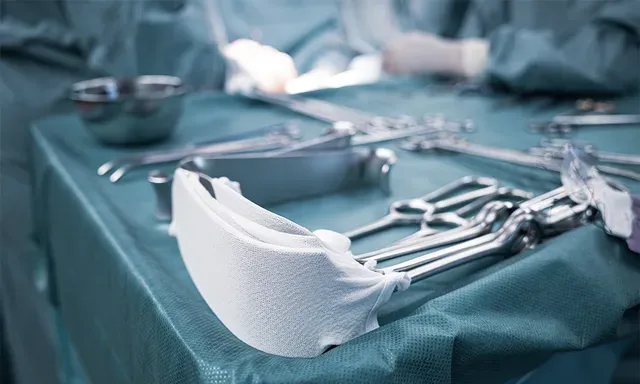Gastric bypass is considered the gold standard in bariatric surgery because it helps people lose a significant amount of weight and improves chronic diseases like Type 2 diabetes, acid reflux, sleep apnea, and heart disease. At Waked MD, bariatric surgeon Tarek Waked, MD, FACS, FASMBS, is dedicated to helping patients reach their weight loss goals. If you need help to reclaim a healthy life, call one of our offices in Georgetown or Middletown, Delaware or book an appointment online today.
Gastric Bypass
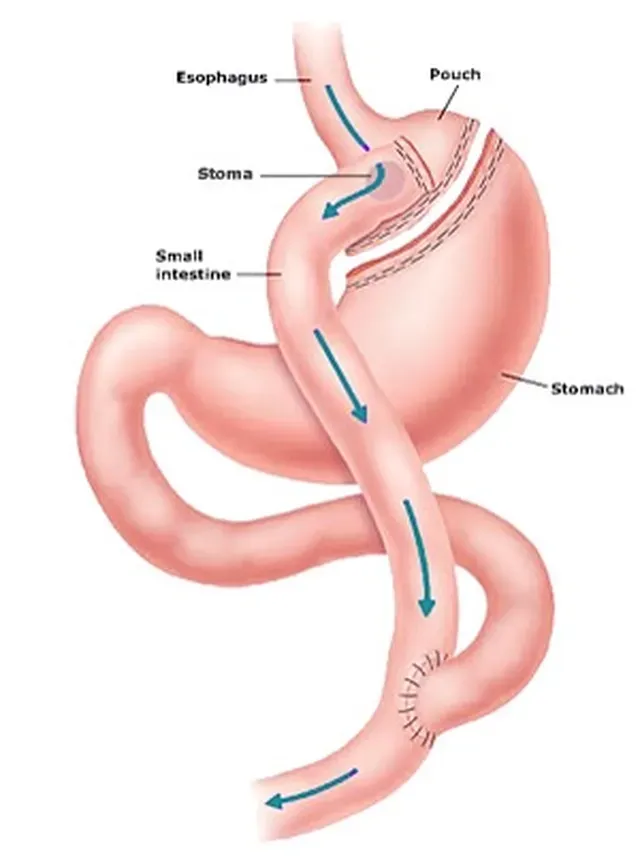
Gastric Bypass services offered in
Georgetown, DE
Gastric Bypass
The Roux-en-Y Gastric Bypass – often called gastric bypass – is considered the ‘gold standard’ of weight loss surgery.
There are two components to the procedure. First, a small stomach pouch, approximately one ounce or 30 milliliters in volume, is created by dividing the top of the stomach from the rest of the stomach. Next, the first portion of the small intestine is divided, and the bottom end of the divided small intestine is brought up and connected to the newly created small stomach pouch. The procedure is completed by connecting the top portion of the divided small intestine to the small intestine further down so that the stomach acids and digestive enzymes from the bypassed stomach and first portion of the small intestine will eventually mix with the food.
The gastric bypass works by several mechanisms. First, similar to most bariatric procedures, the newly created stomach pouch is considerably smaller and facilitates significantly smaller meals, which translates into fewer calories consumed. Additionally, because there is less digestion of food by the smaller stomach pouch, and there is a segment of the small intestine that would normally absorb calories as well as nutrients that no longer has food going through it, there is probably to some degree less absorption of calories and nutrients.
Most importantly, the rerouting of the food stream produces changes in gut hormones that promote satiety, suppress hunger, and reverse one of the primary mechanisms by which obesity induces type 2 diabetes.
Advantages
1. Produces significant long-term weight loss (60 to 80 percent excess weight loss)
2. Restricts the amount of food that can be consumed
3. May lead to conditions that increase energy expenditure
4. Produces favorable changes in gut hormones that reduce appetite and enhance satiety
5. Typical maintenance of >50% excess weight loss



